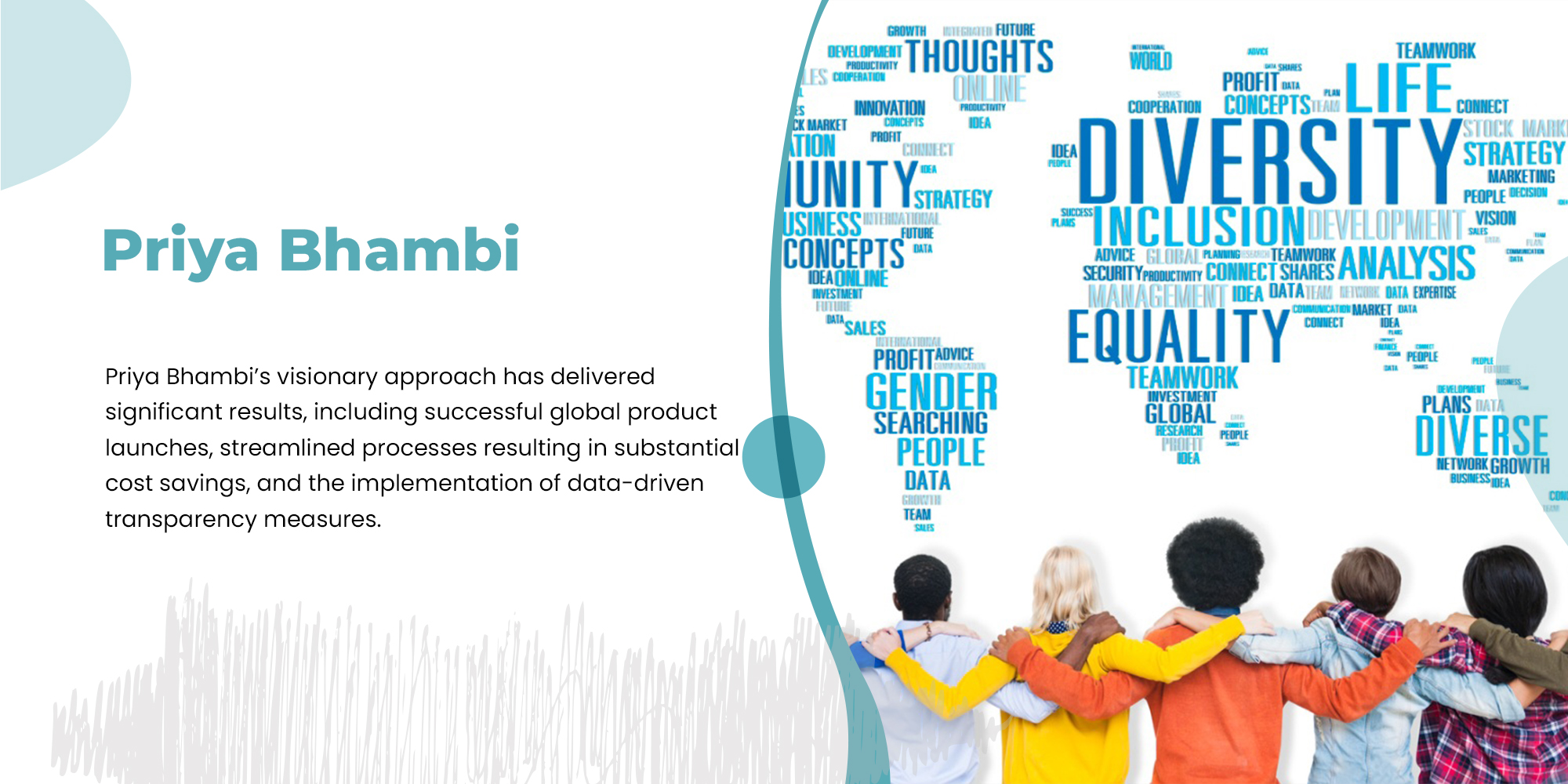
In today’s interconnected world, promoting diversity in hiring is not just a corporate responsibility; it’s a strategic advantage. Companies that embrace diversity reap the benefits of varied perspectives, improved creativity, and enhanced problem-solving abilities. However, achieving a diverse team requires intentional effort and a commitment to inclusivity at every stage of hiring process. Below, we explore effective strategies for promoting diversity in hiring and building a more equitable workforce.
Understanding the Importance of Diversity
Diversity in hiring goes beyond fulfilling quotas; it’s about creating a workforce that reflects the multifaceted nature of society. Diverse teams are proven to outperform homogeneous groups as they bring together a range of experiences and viewpoints. This leads to:
Innovation: Different perspectives foster creativity and innovation, enabling teams to approach problems from various angles.
Better Decision-Making: Diverse teams are more adept at making informed decisions because they consider a wider range of inputs and experiences.
Enhanced Employee Engagement: An inclusive workplace culture attracts top talent and encourages employee satisfaction, reducing turnover rates.
Market Competitiveness: A diverse workforce better understands and relates to diverse customers, enhancing market reach and customer satisfaction.
Strategies for Promoting Diversity in Hiring
Begin by evaluating your current hiring practices. Identify any biases in job descriptions, interview processes, and selection criteria. Use tools and methodologies to analyze your recruitment process for potential biases that may deter diverse candidates. This can involve gathering data on applicant demographics, tracking conversion rates through the hiring funnel, and identifying areas where diverse candidates drop off.
Revise Job Descriptions
Job descriptions often unintentionally exclude diverse candidates. Use inclusive language and focus on the skills and qualifications necessary for the role rather than unnecessary experience or credentials that might deter potential applicants. For example, instead of “must have a degree,” consider “equivalent experience is also acceptable.” Highlight your commitment to diversity and inclusion in your job postings to attract a broader range of applicants.
Expand Your Recruitment Channels
Broaden your recruitment channels to reach diverse candidates—partner with organizations, universities, and job boards that focus on underrepresented groups. Attend diversity-focused job fairs and networking events to connect with potential candidates. Utilize social media platforms and community groups to promote your openings and attract diverse talent.
Implement Blind Recruitment Techniques
Blind recruitment removes identifying information from resumes, such as names, addresses, and educational institutions, which can often carry implicit biases. By focusing solely on candidates’ skills and experiences, you can create a level playing field and promote diversity in the selection process.
Diversify Your Hiring Panels
Ensure that your hiring panels are diverse. This helps reduce interview biases and signals to candidates that your organization values diversity. A diverse panel can bring various perspectives to the evaluation process, making it more inclusive and equitable.
Structured Interview Processes
Implement structured interview processes to ensure consistency and fairness in candidate evaluations. Develop standardized questions and scoring rubrics to assess candidates objectively. This approach minimizes the influence of unconscious bias and allows for a more equitable comparison of candidates.
Promote an Inclusive Company Culture
Creating an inclusive culture is essential for attracting and retaining diverse talent. Ensure your workplace values diversity and fosters an environment where all employees feel valued and heard. This can involve providing diversity training for all employees, establishing employee resource groups, and encouraging open dialogue about diversity and inclusion.
Set Diversity Goals
Establish clear, measurable diversity goals for your hiring practices. This could include targets for increasing the representation of underrepresented groups in your workforce. Regularly track and report on your progress to hold your organization accountable and make adjustments as necessary.
Offer Internships and Apprenticeships
Internships and apprenticeship programs are excellent ways to attract diverse talent early in their careers. You can create a pipeline of diverse candidates prepared for your organization’s full-time roles by offering structured mentorship and training programs.
Evaluate Your Employer Brand
Your company’s reputation can significantly impact its ability to attract diverse talent. Ensure that your employer brand communicates your commitment to diversity and inclusion. On your website and social media platforms, highlight the success stories of diverse employees and showcase your initiatives to promote a diverse workforce.
The Role of Leadership in Promoting Diversity
Leadership commitment is crucial for fostering a culture of diversity within an organization. Leaders should advocate for diversity and actively participate in initiatives and programs that promote inclusivity.
This can include:
Leading by Example: Demonstrate your commitment to diversity by prioritizing inclusive hiring and being open to learning about diversity issues.
Providing Resources: Allocate resources for diversity training, recruitment efforts, and employee resource groups to support diverse talent.
Encouraging Accountability: Hold leaders and hiring managers accountable for meeting diversity goals and creating an inclusive environment. Promoting diversity in hiring is an ongoing journey that requires a commitment to inclusivity at every level of an organization. By implementing the abovementioned strategies, companies can build diverse teams that reflect society’s rich tapestry and drive innovation, creativity, and business success. As the workforce evolves, fostering diversity in hiring practices will enhance organizational performance and contribute to a more equitable society. Embracing diversity is not just the right thing to do; it’s a strategic imperative for businesses looking to thrive in today’s competitive landscape.